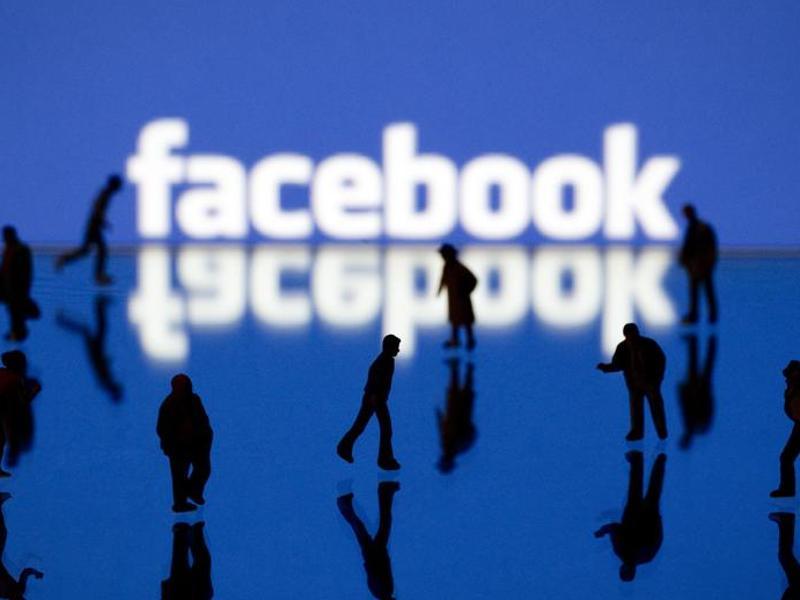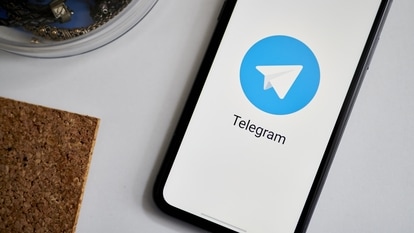What Facebook is doing to push Free Basics in India
Facebook has been spending hundreds of thousands of dollars on hoardings across Indian cities and full-page newspaper advertisements trying to drum up support for Free Basics, which, it claims, is crucial for “digital equality” in India. The campaign comes days before the December 30 deadline for comments on a consultation paper about zero-rating released by the TRAI.

It's hard to miss Facebook's aggressive advertising campaign for Free Basics, the company's controversial programme to bring millions of unconnected Indians online that detractors say offers only a limited version of the web.
Facebook's hard-nosed campaign comes days before the December 30 deadline for comments on a consultation paper about zero-rating released by the TRAI. Faced with a temporary ban on its service — the TRAI asked Reliance to shut down Free Basics till it concludes whether it violates net neutrality or not — Facebook is pulling out all stops.
Facebook has been spending hundreds of thousands - if not millions - of dollars on hoardings across Indian cities and full-page newspaper advertisements trying to drum up support for Free Basics, which, it claims, is crucial for "digital equality" in India.
Free Basics, currently available in 37 countries through Facebook's partnerships with dozens of telecom operators (Reliance Communications in India), allows users to access a limited swath of the internet including Facebook, education websites, healthcare information and employment listings without paying for a data plan.
This limited set of services, says Facebook, is a bridge to the full internet for people who can't afford data. "When people have access to free basic internet services, (they) quickly overcome the digital divide," Facebook CEO Mark Zuckerberg in an opinion piece in a leading daily.
Free Basics, which began as Internet.org, was first launched in India in February as a closed platform with services hand-picked by Facebook. Facing intense criticism for playing gatekeeper, the social network rebranded Internet.org to Free Basics, and opened it up to any service that wants to sign up as long as it meets certain technical requirements.
But the criticism hasn't died down.
Free Basics, critics say, splits the internet into free and paid tiers, and violates the principles of net neutrality, which state all types of data on the internet are equal and shouldn't be discriminated against.
By using zero-rating — an industry term for data that a telco or a content maker subsidises for a consumer — Free Basics misleads people into thinking that the handful of services it offers is the entire internet, say detractors, which include the founders of some of India's biggest start-ups like PayTM.
"We haven't got a problem with free Internet as long as it's open to all. Free Basics is just a way of locking users into the Facebook ecosystem. There's no Google, no YouTube," says Mahesh Murthy, a venture capitalist who co-founded Seedfund and marketing start-up Pinstorm.
"It can't be that the rich get access to the entire Internet and the poor get access only to Facebook. We want an open, equal internet. We don't want digital apartheid."
There's something deeper to Facebook's claims of "connecting a billion unconnected Indians" when a company spends a double-digit portion of its revenue on an ad campaign for a product that it says is charity, adds Murthy.
In addition to the advertising campaign, Facebook vice presidents are taking to platforms like Twitter and Reddit and directly engaging with activists about Free Basics.
India is Facebook's largest market outside the US. With over 500 million Indians expected to come online by 2017, getting Free Basics approved in the country is crucial for Facebook.
What India's regulators decide in the next few months will have far-reaching implications for an open internet in not only in the world's largest democracy but dozens of developing countries that will come online in the next few years.
Catch all the Latest Tech News, Mobile News, Laptop News, Gaming news, Wearables News , How To News, also keep up with us on Whatsapp channel,Twitter, Facebook, Google News, and Instagram. For our latest videos, subscribe to our YouTube channel.


























